Tensions are brewing in the Horn of Africa as Egypt positions itself to play a more prominent role in Somalia’s post-peacekeeping security structure. The African Union’s Transition Mission in Somalia (Atmis) is set to expire at the end of this year, with a new mission, the African Union Support and Stabilisation Mission in Somalia (Aussom), expected to take over on January 1, 2025. However, the inclusion of Egyptian forces in the upcoming mission has raised concerns among Somalia’s traditional security partners, particularly Ethiopia.
For over a decade, Ethiopia, alongside Uganda, Kenya, Burundi, and Djibouti, has been a key contributor to the AU’s peacekeeping efforts in Somalia, supporting the fight against al-Shabaab insurgents. However, Egypt’s sudden entry into the equation has triggered apprehension, especially in Addis Ababa, where tensions with Cairo have escalated over the ongoing Nile water dispute. Regional experts fear that Egypt’s deployment of troops could disrupt the delicate security balance in Somalia and the wider Horn of Africa.
Egypt has reportedly pledged 10,000 troops, with half of them designated to serve under the Aussom structure. This would represent a significant portion of the mission’s 11,146 military personnel, further intensifying Ethiopia’s concerns. Egypt’s bilateral security agreement with Somalia, signed in August 2024, has raised eyebrows among Ethiopia and other troop-contributing countries (TCCs) that have long shouldered the responsibility of maintaining peace in Somalia.
Uganda, which has been Somalia’s primary security partner since 2007, expressed reservations about Egypt’s late involvement in the mission. “Why does Egypt want to join now, where have they been all this time? They should have come much earlier,” stated Uganda’s State Minister for International Affairs, Henry Okello Oryem. The sentiment reflects the discomfort felt by other TCCs regarding Egypt’s entry at this critical juncture.
Egypt’s increasing influence in Somalia also has strategic implications for its regional rivalry with Ethiopia. The two countries have long been at odds over Ethiopia’s Grand Renaissance Dam (GERD) project, which Egypt perceives as a threat to its access to the Nile waters. Ethiopia, which has deployed troops in Somalia since 2014, views Egypt’s presence as an attempt to assert dominance in the region, potentially exploiting Somalia as a foothold to pressure Addis Ababa.
While some donors, including the European Union, appear neutral on Egypt’s involvement in Aussom, the situation remains volatile. Brussels has invested heavily in Somalia’s peacekeeping efforts, contributing €2.6 billion to support Amisom and Atmis since 2007. The EU has indicated that it does not oppose Egypt’s participation in the new mission but emphasized that the focus should remain on combatting al-Shabaab, the terrorist group that continues to destabilize Somalia.
However, Ethiopia is not the only party expressing reservations. Other international partners, including Kenya, have voiced concerns that the rising tensions between Ethiopia and Somalia could derail efforts to tackle violent extremism in the region. Dr. Korir Sing’oei, Kenya’s Principal Secretary for Foreign Affairs, stressed the importance of maintaining diplomatic efforts to resolve emerging issues. “A region already riven by instability cannot afford another conflict,” he warned.
As Egypt moves to assert itself as a dominant force in Somalia’s security apparatus, it risks fueling a broader conflict in the region. With al-Shabaab still posing a significant threat, the focus should remain on stabilizing Somalia and ensuring a smooth transition to a Somali-led security structure. However, the geopolitical rivalry between Ethiopia and Egypt could complicate these efforts, potentially allowing al-Shabaab to exploit the resulting instability.
As the world watches these developments, the future of peace in the Horn of Africa remains uncertain. The African Union and the United Nations must navigate these challenges carefully, ensuring that the transition to Aussom prioritizes stability, cooperation, and the long-term security of the region.


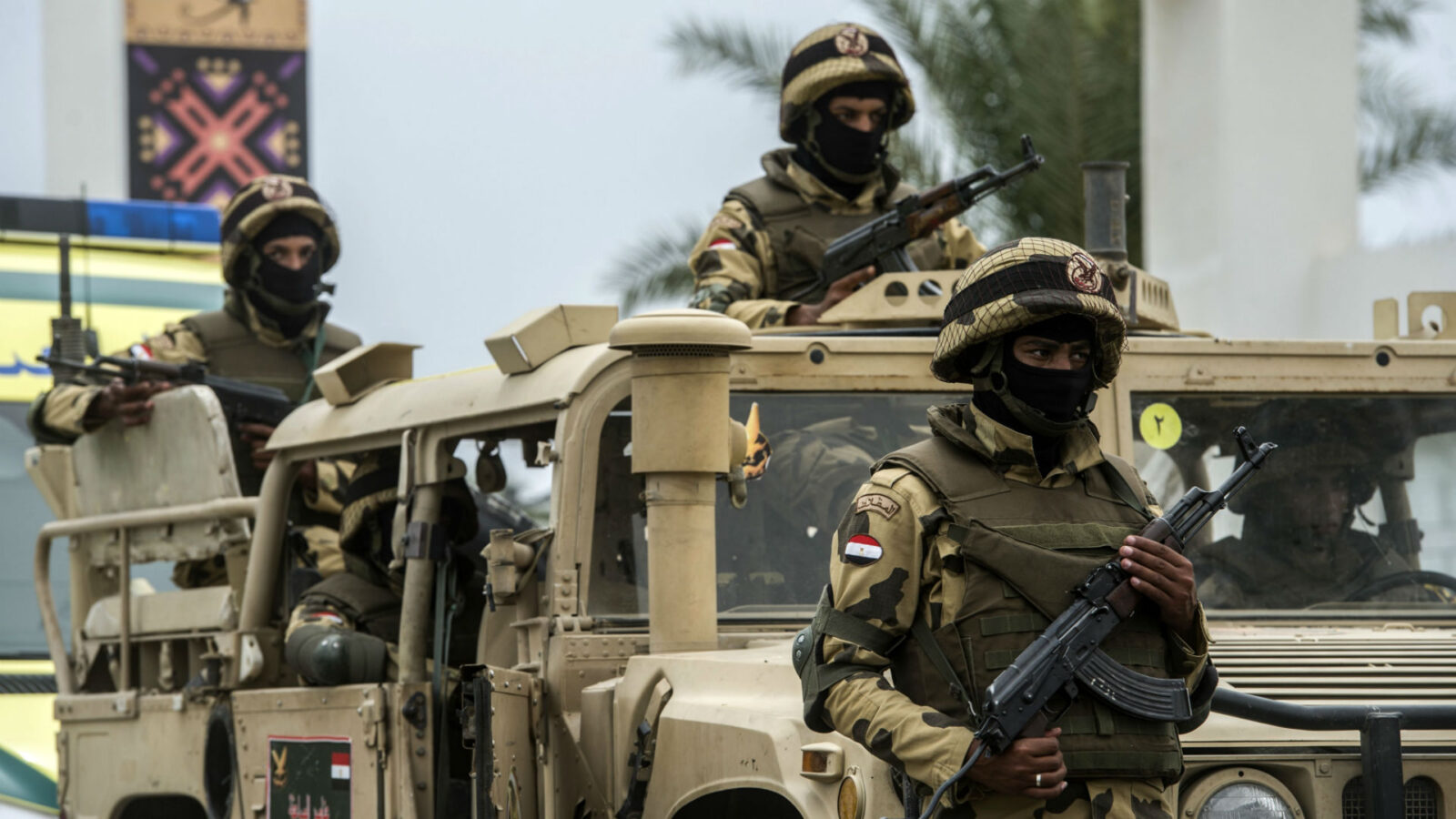

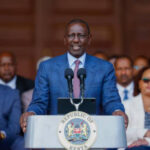
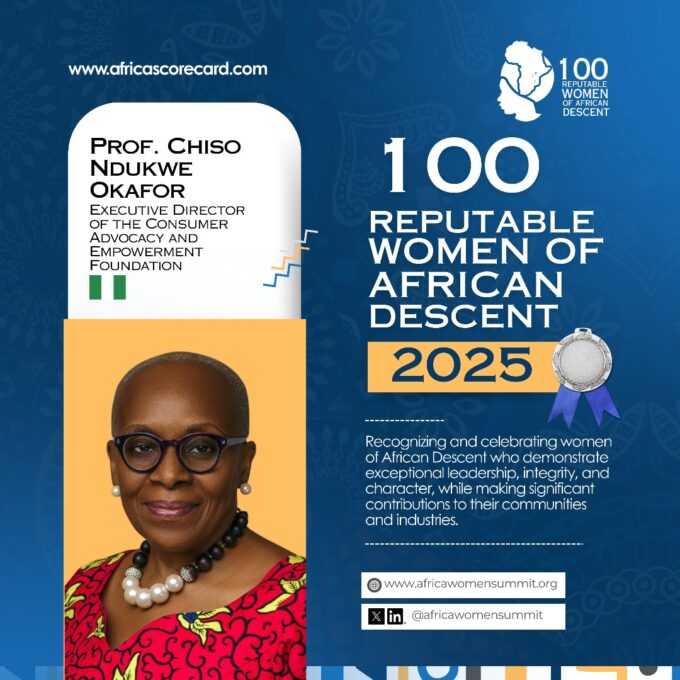
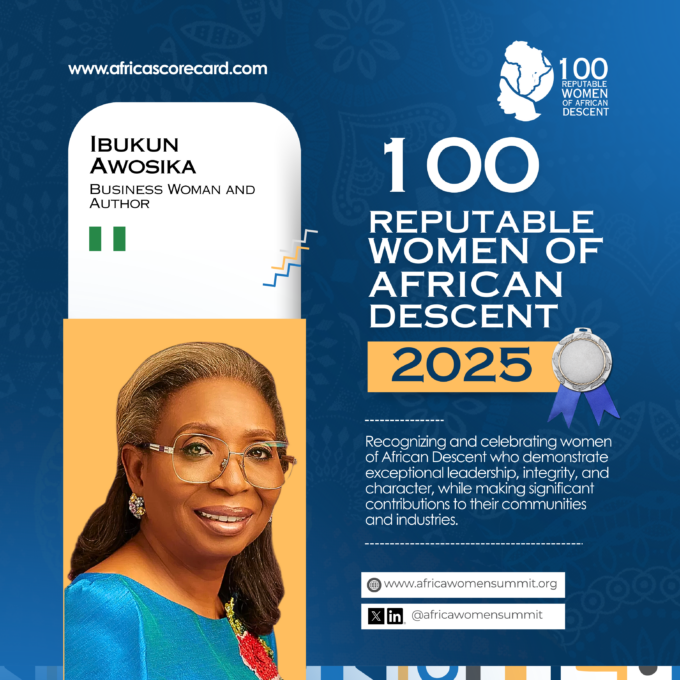
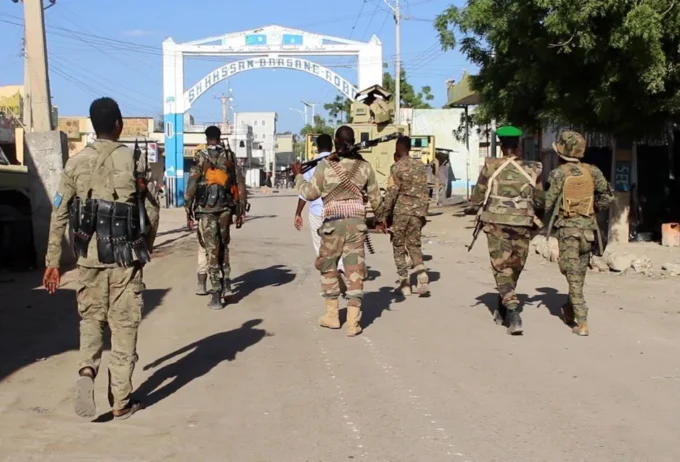

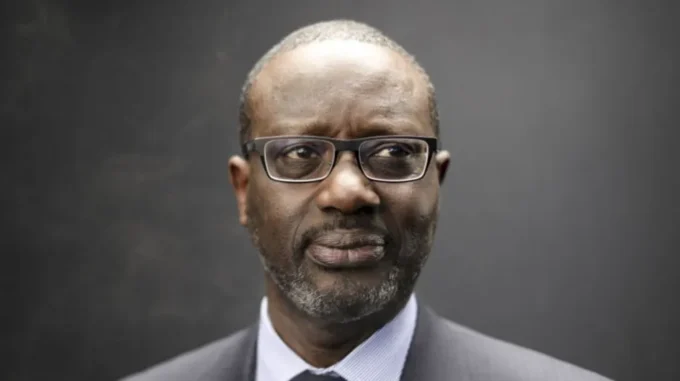


Leave a comment